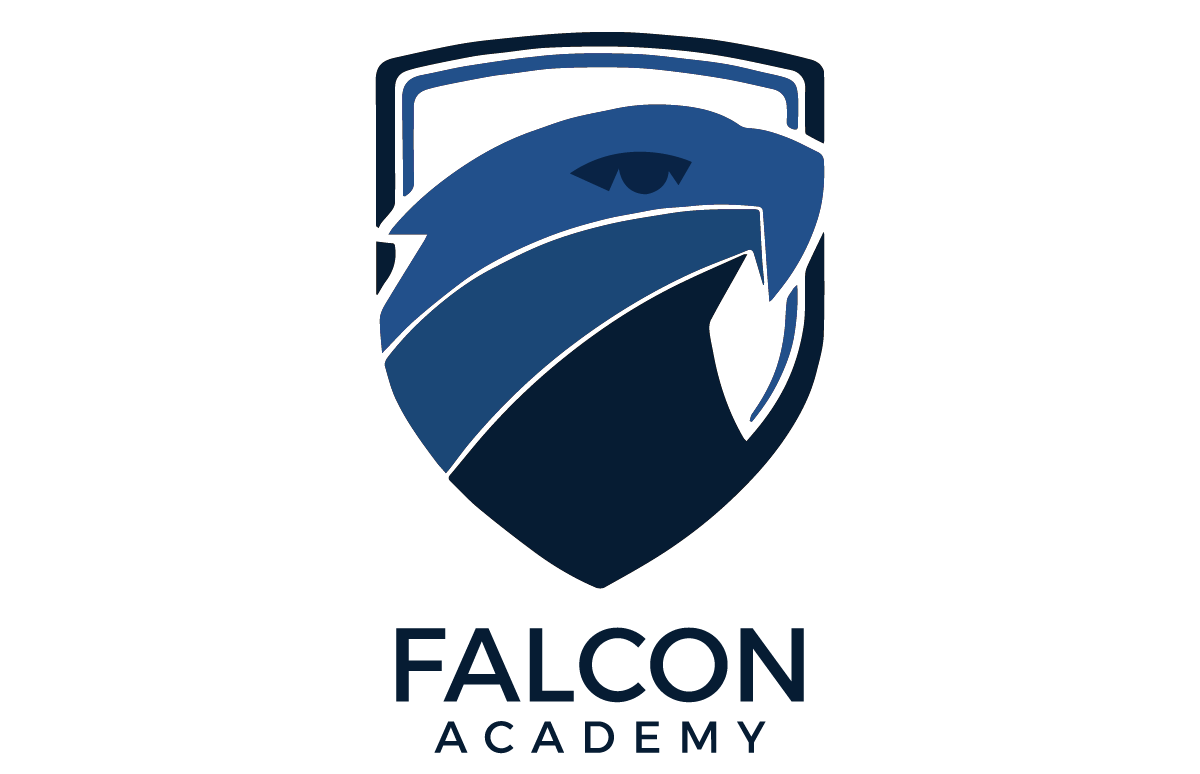
Science
At Falcon Academy, our Science program is built on a seamless progression from elementary school to middle school, guided by a globally-minded, inquiry-based framework and grounded in the three-dimensional model of teaching and learning: concepts, skills, and content.
Science in Elementary School
In elementary school, learners develop foundational scientific understanding through inquiry, play-based exploration, and observation of the natural world. They build essential skills such as questioning, predicting, classifying, measuring, and reflecting, while engaging with central concepts like change, systems, form, and causality. Through transdisciplinary units, learners begin to connect science to real life, nurturing curiosity, environmental awareness, and a love for discovery. These early experiences foster the thinking, communication, and research skills that prepare learners for more specialized scientific inquiry in middle school.
Science in Middle School
As learners transition into middle school, their learning deepens through structured exploration of Earth and Space Science, Life Science, and Physical Science. Instruction is inquiry-driven and concept-based, encouraging learners to explore real-world phenomena and global issues through hands-on investigations and interdisciplinary projects. Learners build on prior knowledge to develop advanced scientific thinking, lab techniques, and data analysis skills, while continuing to explore big ideas such as systems, relationships, and energy through a global lens.
An Engaging Learning Environment
Across both elementary and middle school, learners are immersed in engaging activities—from collaborative experiments and modeling to debates, simulations, and design challenges—that allow them to actively construct understanding. Learning is highly contextualized and learner-centered, promoting autonomy, creativity, and problem-solving.
Assessment in Science
Assessment is both formative and summative, providing multiple entry points for learners to demonstrate their understanding. Formative assessments include reflective journals, lab notebooks, peer assessments, and teacher feedback, while summative assessments are authentic and varied, ranging from scientific reports and multimedia presentations to real-world investigations and performance-based tasks.
Cultivating Lifelong Learners
Together, the elementary and middle school Science pathways at Falcon Academy cultivate lifelong learners who are scientifically literate, critically aware, and equipped with the conceptual understanding, practical skills, and global perspective needed to engage meaningfully with the world around them.
